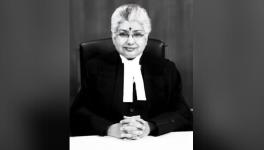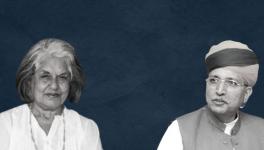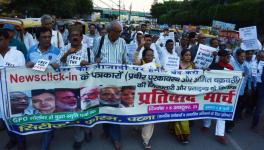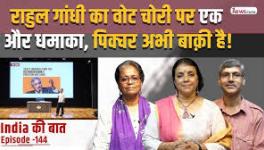An Interview with Indira Jaising on the Triple Talaq Judgement
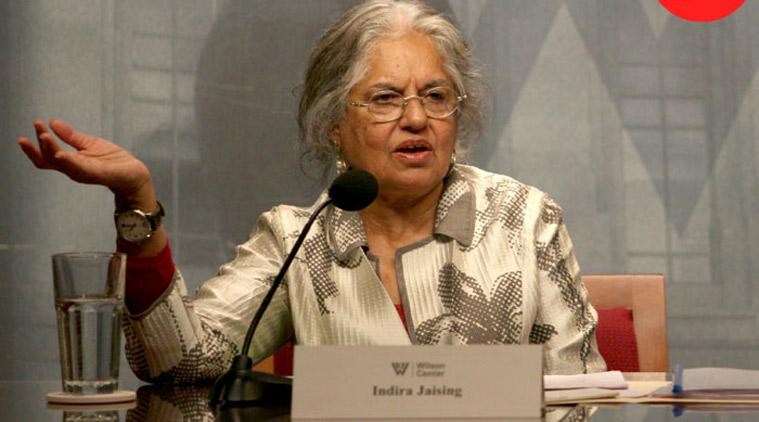
Image Courtesy: Indian Express
Sivangi Misra (SM): What are your views on the Triple Talaq judgment? Will the verdict open the doors to challenging personal laws in future?
Indira Jaising (IJ): I do think so because, as I’ve been saying, the Court has held, in the past, introducing constitutional law into family law is like introducing a bull in a china shop. But for the first time in over thirty years in the Indian constitutional history, two judges of the Supreme Court have said that this practice is unconstitutional, and that it violates Article 14 of the Constitution of India.
The moment you concede that a law dealing with family matters can be declared unconstitutional for violating any provision of the Constitution, there is nothing to stop the Court from declaring any other provision of any other family law as unconstitutional on the ground that it violates Articles 14, 15 and 21 of the Constitution. So, in that sense it’s a breakthrough.
SM: Do you think the judgment is a big step in the direction of gender equality in personal laws?
IJ: Well, I would be happier if the Judges had struck it (triple talaq) down on the ground that it violates the right to non-discrimination on the basis of sex. However, what they (the Court) have done instead is that they have struck it down on the ground that it is “manifestly arbitrary”.
SM: So according to you, this an incomplete judgment? There was scope for the judges to give reasons beyond "manifestly arbitrary"?
IJ: Every judgment leaves you with a feeling that something more could have been done. But the real question is, I believe as you yourself asked me earlier, will it advance gender equality?
Yes, it has the potential to advance gender justice, and I think its now up to the future generation of feminist lawyers to argue.
Several provisions of Hindu law, Muslim law, Christian law or Parsi law are unconstitutional. There are several writ petitions pending before the Court, which states that temple entry must be permitted to women in Sabarimalai. Obviously, the same question will arise then.
There are also petitions pending in Court in relation to Parsi law. This judgment will also apply there, where the provisions which are said to be protected are no longer protected. It makes a whole lot of provisions and practices which different religious communities have been following, unconstitutional.
Justice Khehar has said, in this judgment that religious consciousness binds people together into a community. It is true, I do agree, that religious consciousness binds people together as a community, but it doesn’t answer if any part of the consciousness or practise being followed out of that consciousness that violates the Constitution will still be protected or not.
So it’s not enough to say that religious consciousness binds you, yes that is an important part of your identity. But the critical issue is where you separate – what is the legitimate domain of religion and what is the legitimate domain of the secular.
For me, the importance of this case was that I was trying to draw those lines between the religious and the secular. The Court has drawn attention to it and as Justice Nariman says that Muslim personal law of marriage is modern. What he means is that a Muslim marriage does not require any religious ceremony. A contract is sufficient to constitute the marriage. A contract of course can be broken but a contract cannot be broken unilaterally, without consequences.
So, in answer to your question, I would say that what I would look forward to seeing is a law which says marriage is a constractious civil union for all religious communities, and not just for Muslim women. If this country is willing to accept a Muslim marriage as contractual marriage, I don’t understand why it is unwilling to accept a Hindu marriage as a contractual marriage? So, in that sense there has to be a common basis for gender just laws.
SM: So you’re saying that we can still have personal laws, but they should all pass the test of constitutionality?
IJ: I am saying that we must learn to separate the secular from the religious. I am saying is that religion has a role to play in our lives, but you cannot allow that role spill over into secular matters. As far as I’m concerned, marriage is a secular constitution.
SM: What do you have to say about the Court being divided on the issue today, particularly the minority judgment?
IJ: It’s true that the Court was divided, but we are concerned with the majority judgment because the minority judgment is never the law of the land. As far as the majority judgment is concerned, they have held the triple talaq to be unlawful, unconstitutional, and therefore that will govern triple talaq in the future.
Disclaimer: The views expressed here are the author's personal views, and do not necessarily represent the views of Newsclick.
Get the latest reports & analysis with people's perspective on Protests, movements & deep analytical videos, discussions of the current affairs in your Telegram app. Subscribe to NewsClick's Telegram channel & get Real-Time updates on stories, as they get published on our website.









